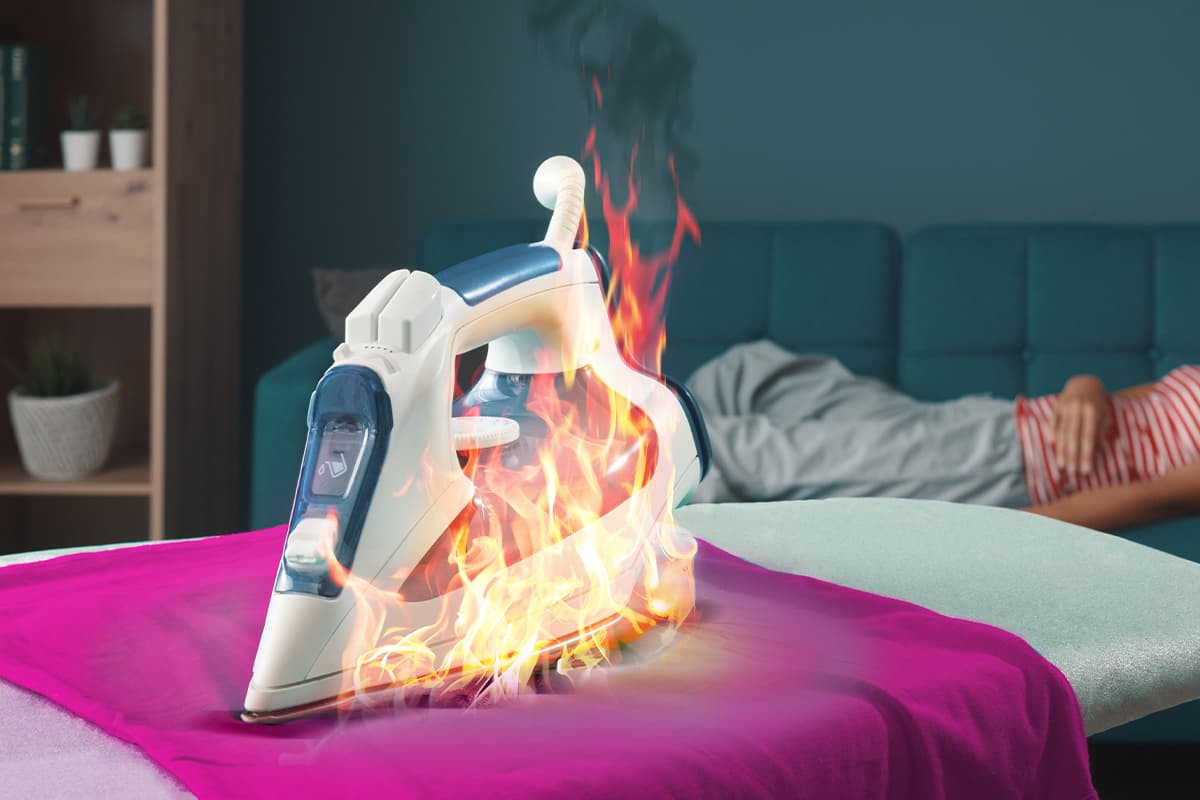
Most Common Electrical Issues in Homes and Their Causes
What is in this article?
While access to electricity makes life easier, the presence of electricity in every aspect of our lives may also bring about some issues and risks and it is important to be familiar with the underlying causes of such issues. Although it is sometimes hard to identify electrical issues in homes, the crux of these issues can be identified and resolved by proper methods.
In our post, you can find the most common electrical issues in homes and the methods that you can use should you face such issues.
What is Electrical Fault?
An electrical fault is defined as the flaw in an electrical circuit, which causes the electric current not to be transmitted normally. This means the occurrence of faults due the disrupted flow of an electric current.
Causes of Electrical Faults
Weather conditions are the primary cause of electrical faults. Faults may result from lighting strikes, heavy rains, heavy winds, and snow and ice accumulation on transmission lines, etc.
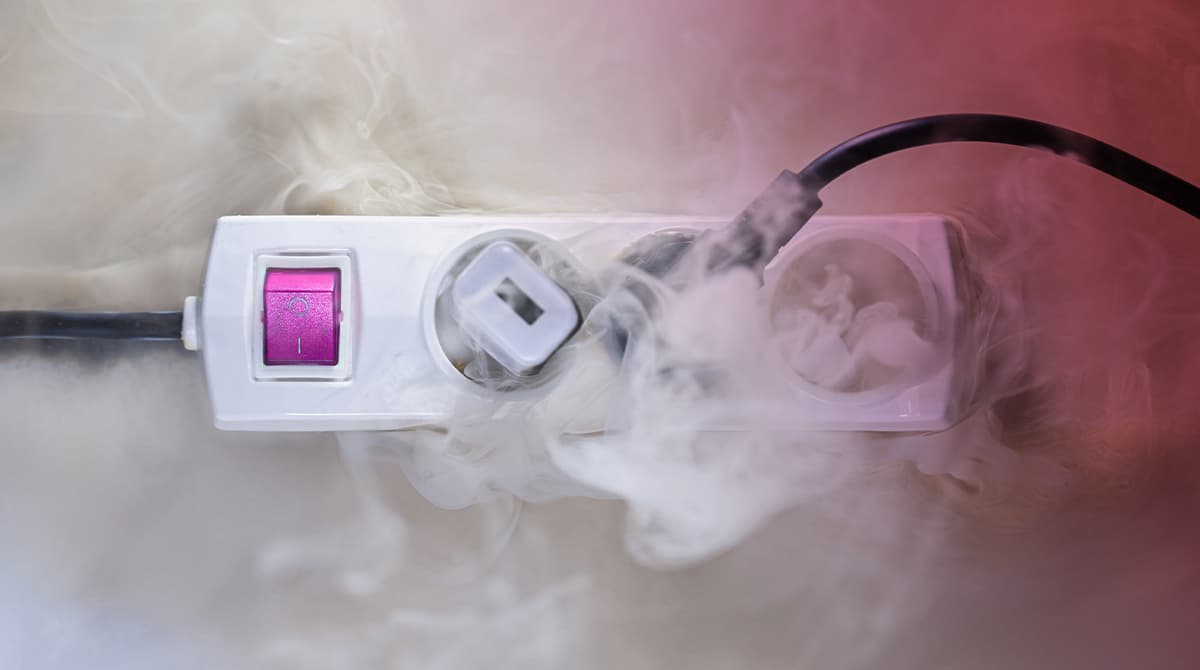 The other cause of faults can be equipment damage. Various electrical equipment, such as motors, switching devices, transformers, etc., may wear out or insulation failure may occur in cables. This results in short circuit. These faults cause high current, damaging devices.
The other cause of faults can be equipment damage. Various electrical equipment, such as motors, switching devices, transformers, etc., may wear out or insulation failure may occur in cables. This results in short circuit. These faults cause high current, damaging devices.
Additionally, electrical faults arise from human errors, such as not selecting equipment or devices in accordance with ampere rating, forgetting metallic or electrically conductive parts after servicing or maintenance, and switching the circuit during servicing.
When the molecules making up the air are ionized, this may produce sparks between lines or between conductors and insulators. This causes insulators to lose their insulating capacity due to high voltage.
Professional help should be sought when experiencing a problem since responding in an unaware manner to solve electrical faults may result in damage.
Solutions to Electrical Faults
It is possible to find a suitable solution to every electrical fault. A residual current device may be installed for protection from faults caused by poor circuit protection. These devices that are also known as residual current protection relays engage and switches off power when an electrical fault occurs. Thus, it provides protection from electric shock and electrical fire.
For common power surges and dips, wires should be checked to see if there is a problem with them. It is required to turn off or unplug some electrical devices that consume high electrical power, and switch off circuit breakers, and wait for a few seconds before switching on again.
Additionally, worn-out and exposed cables are one of the major causes of electrical faults. Wiring should be carried out securely, and cables are to be firmly fixed. This can prevent sparks that can be generated due to live wires.
Most Common 6 Electrical Issues
The common electrical issues in homes are:
-
Fuses Blowing Constantly
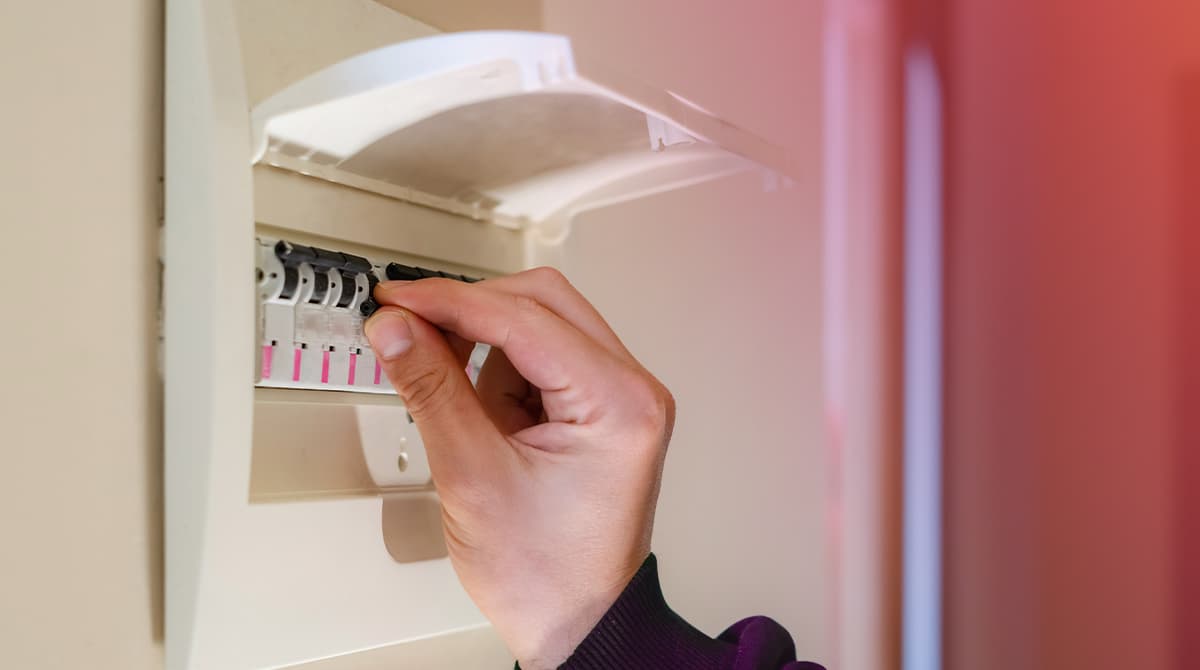 Blown fuses are caused by, among others, an overloaded circuit, short circuit, ground or arc fault, problem with the circuit or the breaker, use of an improper fuse, and damaged or old power outlets and wires.
Blown fuses are caused by, among others, an overloaded circuit, short circuit, ground or arc fault, problem with the circuit or the breaker, use of an improper fuse, and damaged or old power outlets and wires.
First, the cause of problem should be identified to solve problems with the electrical fuse. Flipping all the light switches in a home and unplugging devices may help you identify the affected area.
Then you need to switch off power to the fuse. To find out which fuse is blown, you can look for a fuse where the metal has melted or the glass covering appears foggy or discolored. Then you need to replace the fuse with a new one having the same amperage rating. The step of fuse replacement should be fulfilled by professionals.
-
Power Outage in Certain Parts of Home
The power outage in certain parts of home is usually correlated with a phase loss. In general, it is the result of a blown fuse, overload, broken wires, worn contacts or mechanical failures. A phase loss that goes unnoticed can result in equipment failures.
If one phase is lost in a three-phase system, motors, pumps and other equipment draw excessive current on the remaining two phases, causing the device to overheat. As power output is greatly reduced, you may not be able to start up devices. This may damage components more rapidly.
It is usually difficult to fix a phase loss and identify the root cause. Voltages and currents in a three-phase system do not typically drop to zero in the event of a phase loss. More often than not, measurements are conducted with confusing values that entail many complicated analyses for accurate interpretation. That is why you can ask for the help of a professional.
-
Light Bulb Issues
It may be required to replace a broken or malfunctioning bulb or re-adjust the bulb socket. One of the most common problems with light bulbs is a loose switch wire. Constant switching on and off can result in the loosening of wiring. In this case, you may remove the switch cover and then tighten loose wires.
If a bulb flickers on and off constantly, this could be caused by worn-out switch contacts. When contact switches are of poor quality, they may produce a sizzling or crackling sound. Replacing the switch will solve the problem.
Light bulb flickering may also be caused by power surges and dips. If there are frequent surges in power lines, this may damage electronic devices and substantially reduce their service life. Intermittent voltage drops may occur, causing lights to dim and flicker. These are generally correlated with the improperly or poorly connected devices that consume too much electrical power.
Mostly, it is not feasible to avoid power surges and dips because this is caused by either lightning strikes or damaged power lines or a mistake by the power company. To avoid any damage, you can use a surge protector.
Lights may flicker when turning on a large device. This may imply that there is a serious electrical problem deep down the system. In this case, you can call a professional to exactly identify and fix the problem.
-
Electrical Leakages
Some indications, such as heavy electricity bills, frequent power outages, and the electric shock felt when touching any device, imply electrical leakages. If this is the case, first you need to shut off the main switch in your home and check if the electric meter works properly.
If the electric meter continues to work, this refers to the presence of a leakage. You can call an electrician to fix the leakage somewhere between power cables and the switchboard.
-
Unusual Burning Smell
When a new device is first installed, it may produce an unfamiliar smell. This may be caused by the paint or coating of or some other surface issues in the device. If, however, you notice an unusual smell emanating from an power outlet, you need to unplug every connected device and avoid using it again until a qualified electrician inspects it.
In addition, it would be useful to call an electrician immediately if there is an unusual smell coming from your switchboard or fuse box.
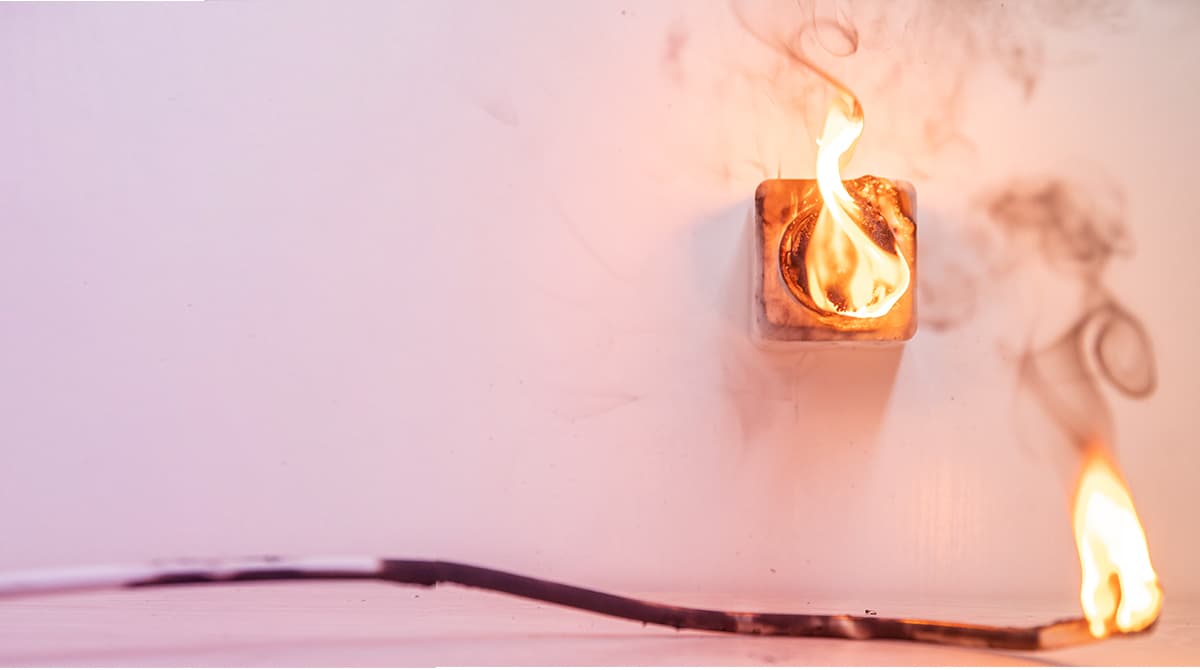
Potential Precautions Against Electrical Issues
There are various ways to protect people from hazards caused by electricity, such as insulating, protective, grounding and electrical protective devices. Lower voltages may mitigate or eliminate shock and burn risks. You can use low-voltage portable power stations and operate lighting fixtures at lower voltages.
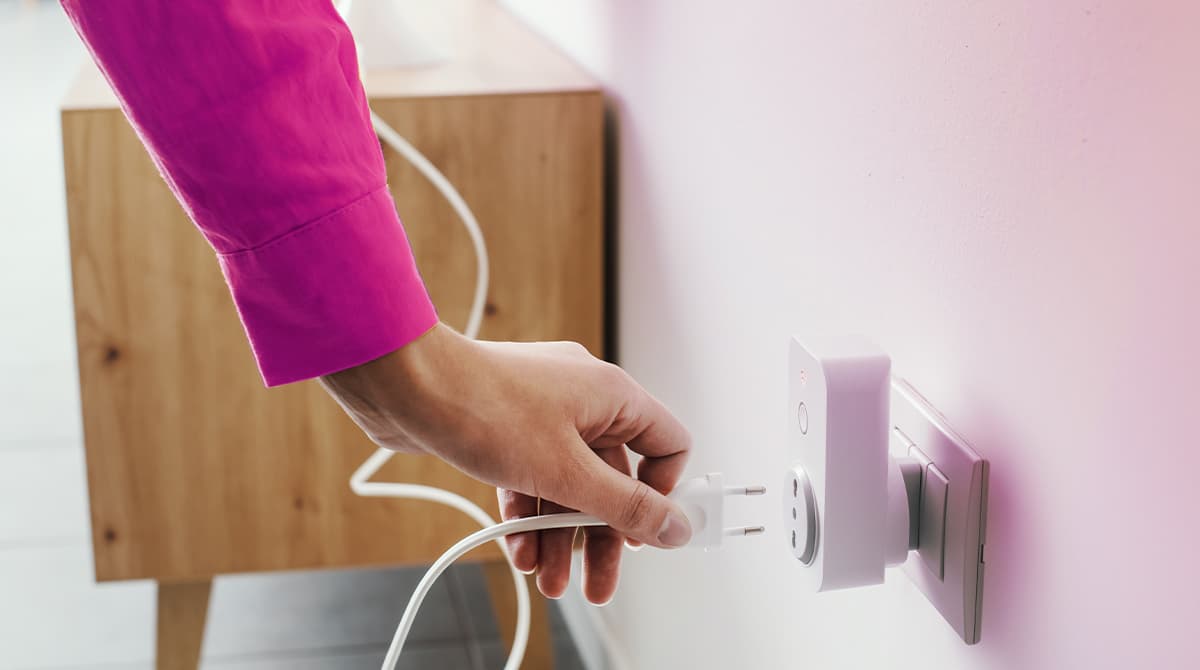 Power stations are units that are operated by rechargeable batteries. They also allow rechargeable appliances, such as smart phones, laptops, etc., to be used without electricity.
Power stations are units that are operated by rechargeable batteries. They also allow rechargeable appliances, such as smart phones, laptops, etc., to be used without electricity.
Keeping water and other types of liquid away from any electrical equipment and electrical sources is one of the measures that you can take. In addition, you can gently unplug the device rather than pulling the power cable off strongly when disconnecting devices.
Pulling rapidly can damage the power cable and cause an electric shock. You can also use power outlet covers to avoid electric shock when the children are around.
You can use overvoltage protection sockets to avoid overloading. Thus, you can avoid overloading on the sockets by providing sufficient output. If possible, you can switch off all devices from the power grid at the end of the day. Additionally, an accessible circuit breaker may be kept available close to fixed appliances to shut off power in an emergency.
You can share this blog content so that no electrical issue puts the safety of you and your loved ones at risk.

 Online Services
Online Services Application Inquiry
Application Inquiry Pay Assurance Fee
Pay Assurance Fee Query Installation Number
Query Installation Number Compensation Fee Inquiry
Compensation Fee Inquiry Automatic Payment Order Inquiry
Automatic Payment Order Inquiry Partnership
Partnership
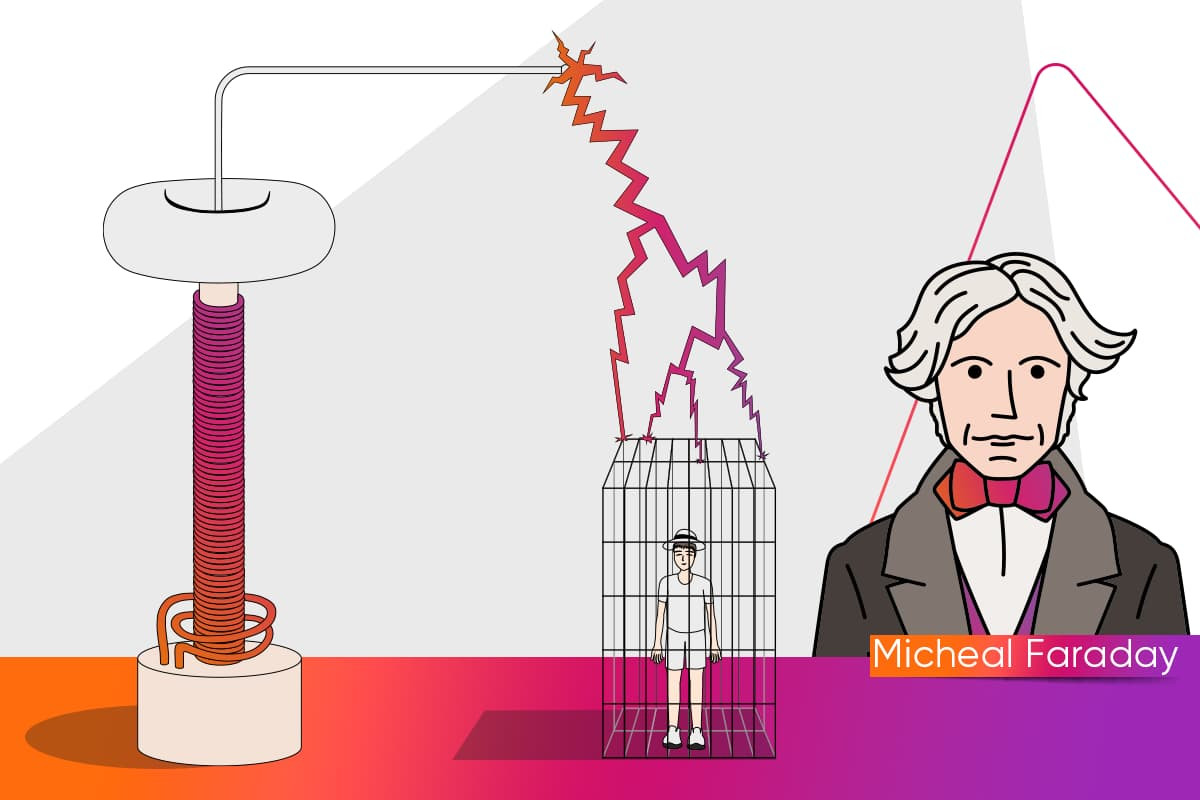
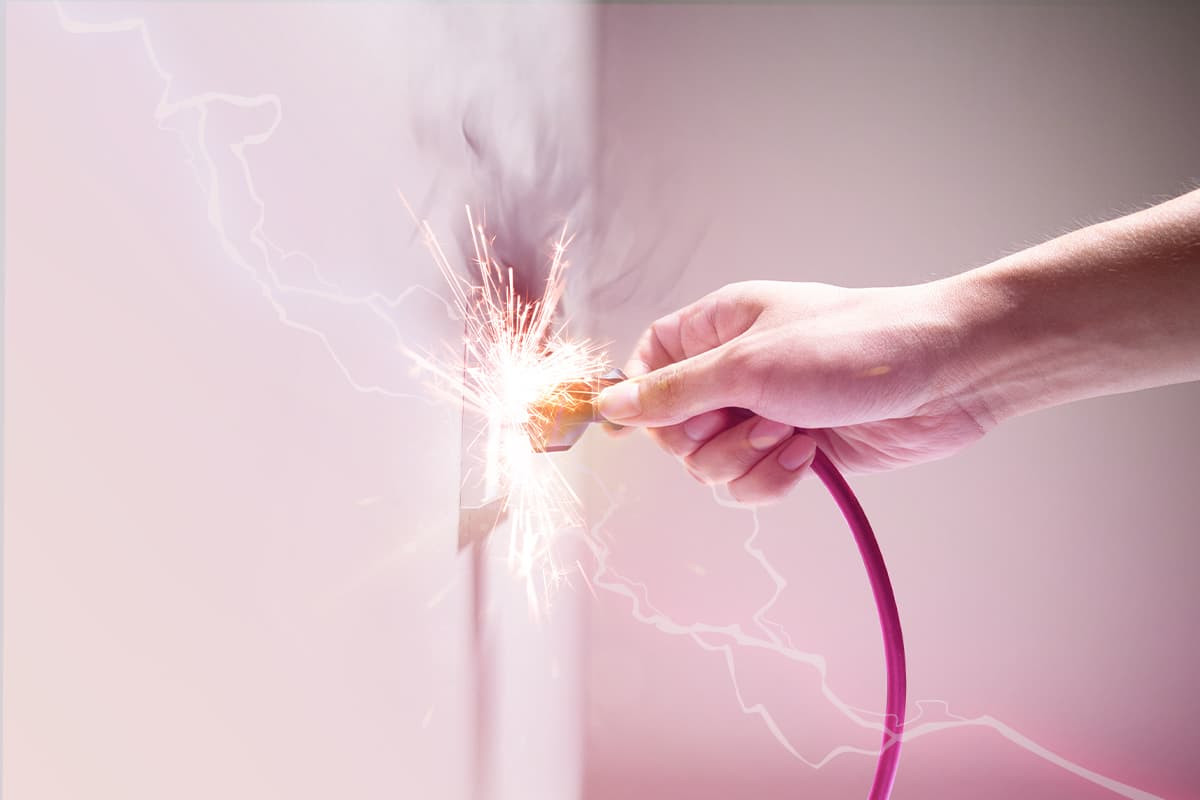
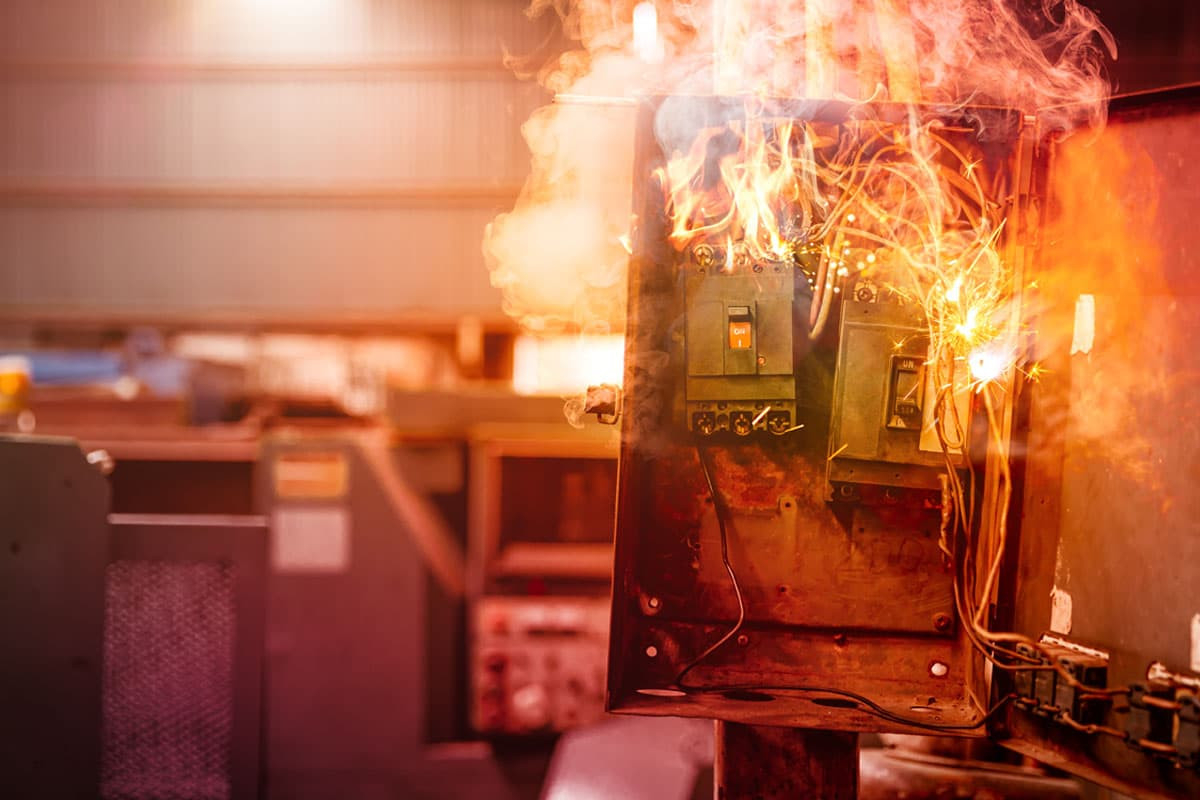
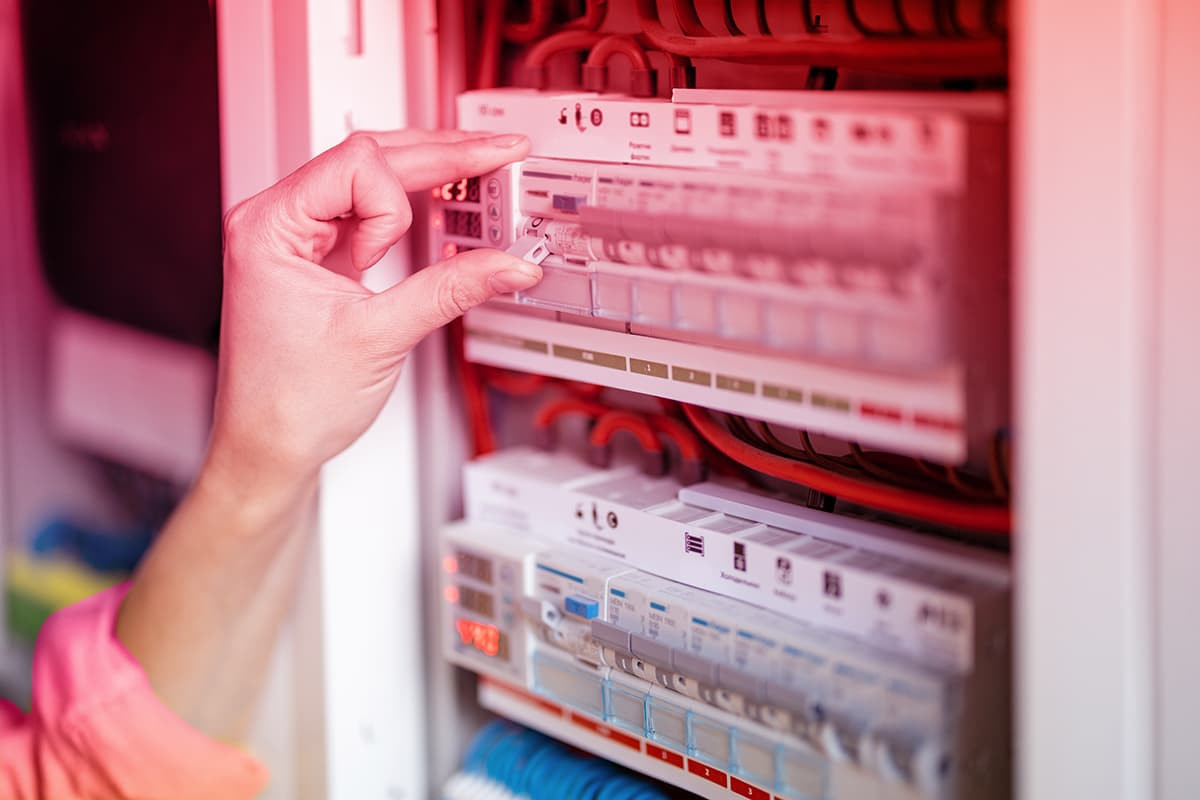
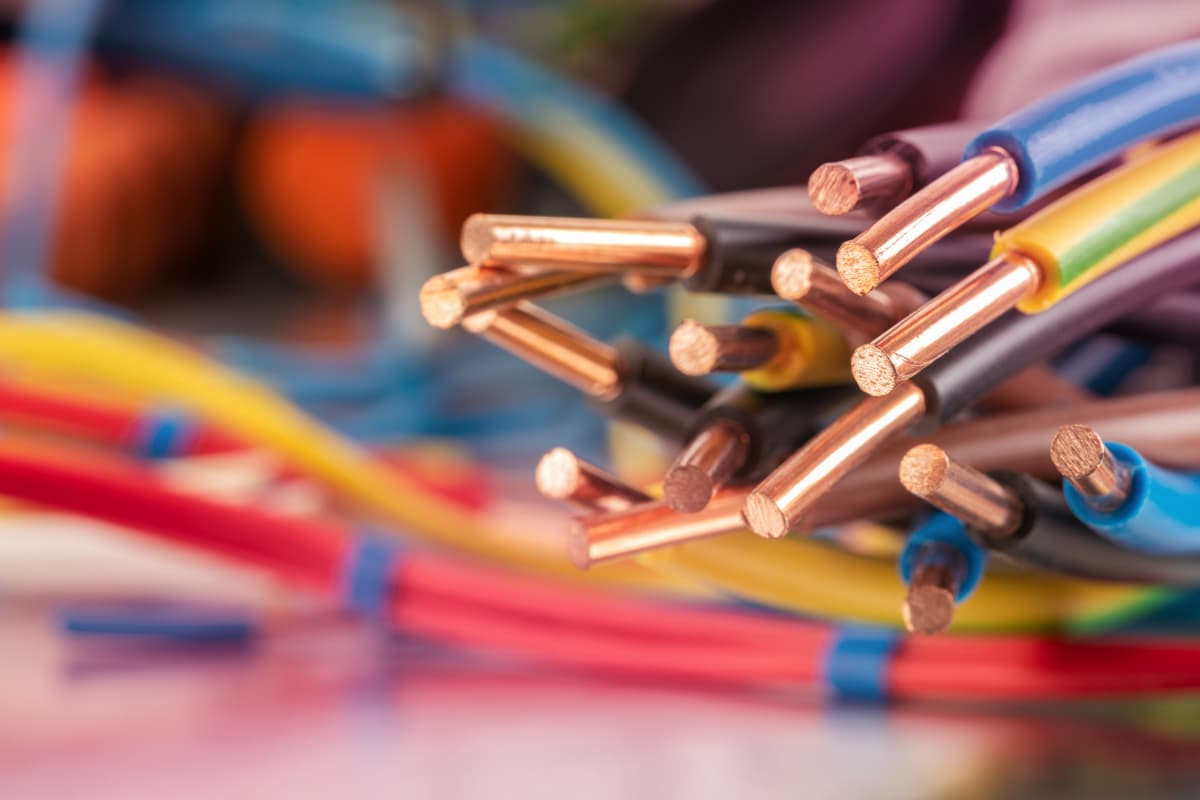
Leave a Comment